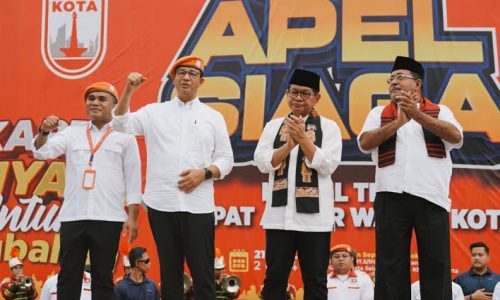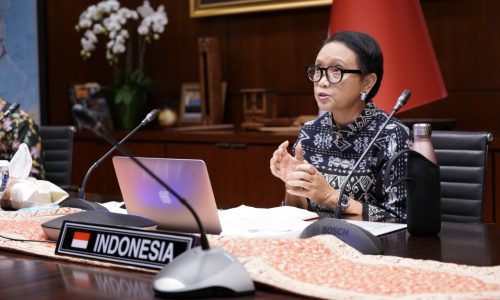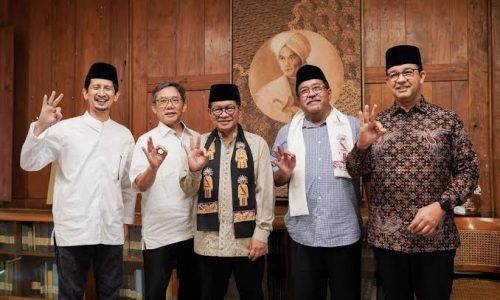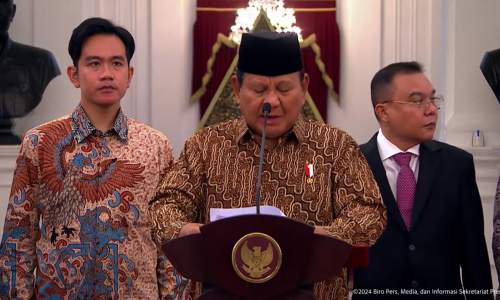Coordinating Minister for the Economy, Airlangga Hartarto, expresses optimism that Indonesia’s digital economy will experience significant growth by 2030, through several key requirements and initiatives in line with the implementation of the Digital Economy Framework Agreement (DEFA) by several ASEAN countries.
Speaking at the Digital Economy Finance Festival and Indonesian Creative Works 2024 at the Jakarta Convention Center on Thhursday, August 1, 2024, Airlangga highlighted that Southeast Asia’s economy is expected to rise from US$1 trillion to US$2 trillion with this initiative.
“Indonesia’s digital economy, estimated at USD 360 billion in 2030, is projected to reach USD 600 billion,” he said.
To achieve this digital economy potential, Airlangga outlined several key requirements, namely Cross-border e-commerce and digital trade, Digital identity (digital ID), Mobility of digital talent, Electronic payments (e-payment), Electronic invoicing (e-invoicing) and Secure cyberspace.
He emphasized the ongoing efforts to promote initiatives like the QR Code Indonesian Standard (QRIS) through the National Financial Inclusion Council, along with third-party collaborations such as Mastercard Indonesia’s Strive Program and the ILO’s Promise 2 Impact, aimed at enhancing access to financial services.
Additionally, the government, in collaboration with the Central Bank (BI), the Financial Services Authority (OJK), and industry players, is working towards achieving a financial inclusion target of 90 percent by 2024.
“Accelerating digital initiatives remains a focus for future innovation and investment,” Airlangga said.
By the end of 2023, the government had finalized the National Digital Economy Strategy 2030 policy, aiming for the digital sector to gradually contribute to the gross domestic product (GDP).
The contribution is expected to grow from below 10 percent currently to 20 percent by 2045.









